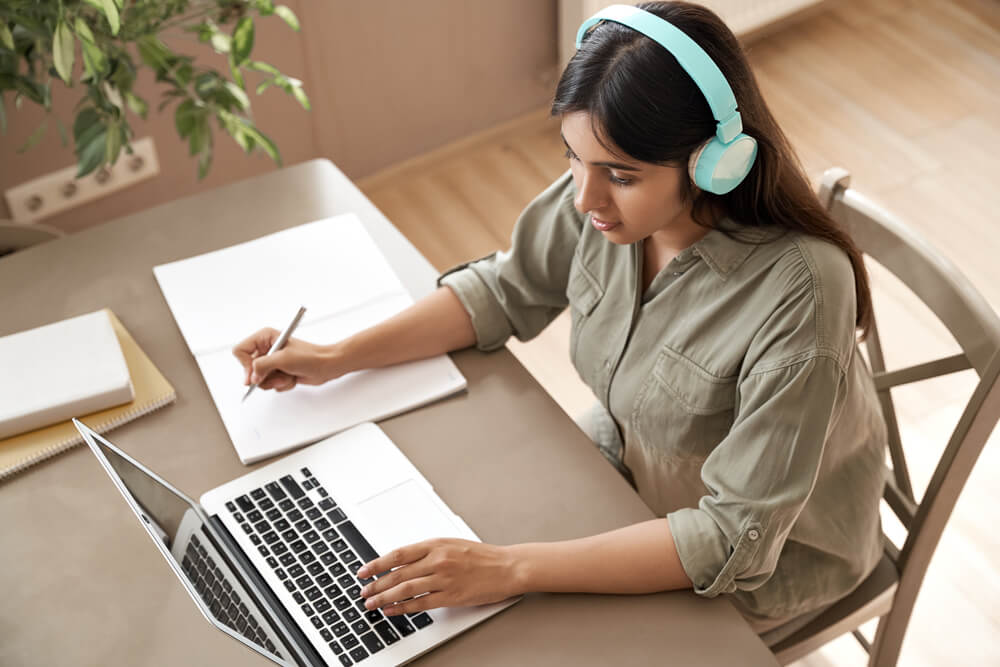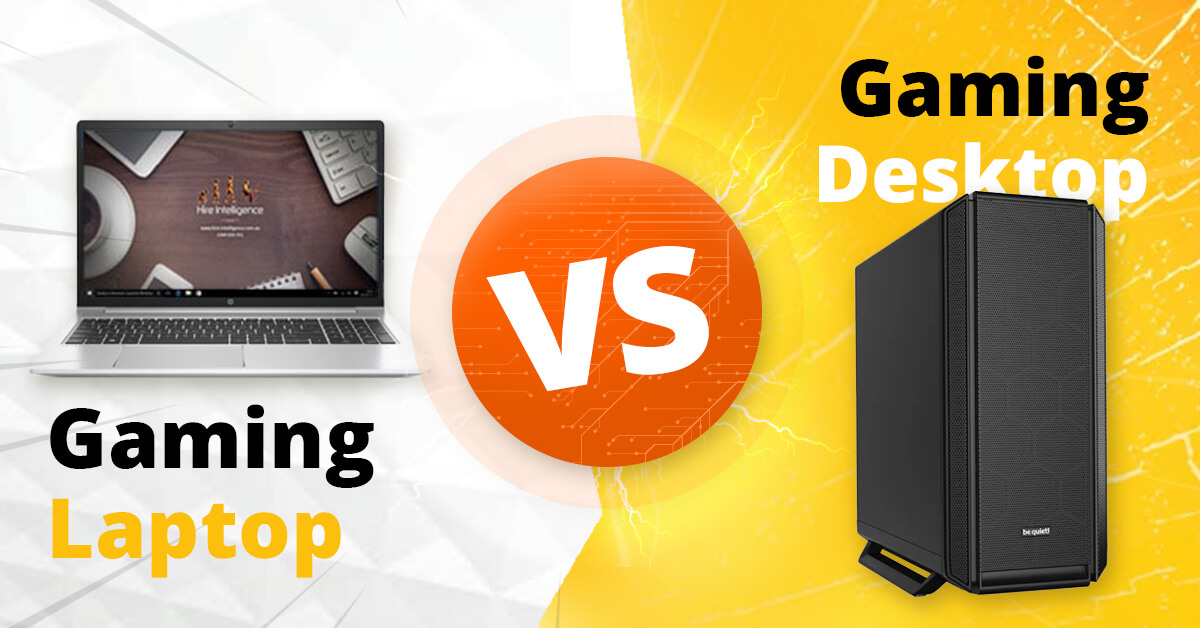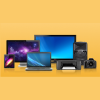The quest for the perfect laptops for students can be a challenging one. With so many options on the market, how do you decide? This article will dive into the top recommendations, ensuring that every student finds a laptop that caters to their needs without breaking the bank.
How Important is the Right Laptop for Students?
In the digital age, having the right laptop is paramount. From younger students to uni students, a reliable laptop can make the difference between smooth sailing and a world of technological hiccups. It’s not just about web browsing or watching videos; students need a device that can handle everything from intensive video editing to basic everyday tasks.
Key Considerations for the Perfect Student Laptop
Performance and Operating System
From the MacBook Air M1 with its impressive M1 processor to Windows laptops that offer a range of specifications, performance is key. Whether you’re working on assignments, indulging in some video editing, or simply engaging in web browsing, a laptop that doesn’t lag is crucial.
Price Range and Affordability
Not every student has the budget for a MacBook Pro or a high-end Dell XPS. Fortunately, there are plenty of budget laptop options available. The challenge is finding an affordable laptop that doesn’t compromise on performance.
Battery Life
From early morning lectures to late-night study sessions, students need a laptop with long battery life. Consider devices that can last at least 10 hours on a single charge, with some, like the Apple MacBook Air, boasting up to 18 hours.
Portability and Screen Size
For students on the move, a light and portable laptop can be a blessing. However, screen size shouldn’t be overlooked. While some may prefer a compact 13-inch display, others might opt for a larger 15-inch screen for those intensive tasks.
Connectivity
With the rise of USB-C ports and the gradual phasing out of HDMI ports and headphone jacks, students should consider what peripherals they’ll need. The availability of USB type-C or a traditional USB port can impact the user experience.
Storage and RAM
From storing assignments to software applications, SSD storage is preferred. A minimum of 256GB SSD and 8GB RAM is recommended, but for those looking at video editing or heavy multitasking, 16GB RAM might be more suitable.
Beyond Laptops: Checking Out 2-in-1s, Tablets, and iPads for Students
Students today have more options than just regular laptops. With the rise of 2-in-1 devices, tablets, and iPads, let’s see if these can be a good fit for student needs.
2-in-1 Devices: Best of Both Worlds
2-in-1 devices are like a combo of laptops and tablets. They’re flexible and can work with a stylus for drawing or note-taking. They’re great in terms of how you can use them, but they can get a bit pricey, especially the top-end ones.
Tablets: Great for On-the-Go
Some high-end tablets like the Microsoft Surface Pro are becoming popular for students. They’re really light and have a good battery life. But they might not be the best for heavy-duty work or specific software.
iPads: Apple’s Portable Solution
iPads, especially the iPad Pro, are powerful and portable. They have a lot of apps available for different tasks. But if you want to add things like the Apple Pencil or a special keyboard, the cost can add up.
Picking What’s Right for You
With all these options available, students have a lot to choose from. While many still prefer regular laptops, these new devices offer some cool features. The best choice will depend on what you need, what you’re studying, and your budget. The main thing is finding the device that’ll help you succeed in your studies.
Our recommendations for the best Laptops for students
Based on various reviews and expert opinions, here are some standout options:
- Apple MacBook Air M1: Renowned for its excellent performance, sleek design, and impressive battery life, this device is a top pick for many.
- Asus ZenBook: Noted for its fantastic display and keyboard, it offers midrange laptop pricing with premium features.
- HP Spectre x360: A great laptop with a comfortable keyboard, long battery life, and a responsive fingerprint reader for added security.
- Acer Chromebook Spin: Ideal for those on a tight budget, this Chromebook offers good performance for everyday tasks with Chrome OS.
- Dell XPS: Known for its sleek design, excellent performance, and durable build, it’s a good option for those who can stretch their budget a little.
The best student laptop is one that meets your unique needs and budget. Whether you’re looking for a device with an excellent performance to handle demanding tasks or a budget laptop that offers great value, the options are endless.
Apple vs Windows: Which Model is Better for Students?
Navigating the laptop realm can sometimes feel like picking sides in a tech showdown. On one corner, there’s the sleek allure of Apple’s MacBook range with its robust macOS. On the other, the diverse world of Windows laptops from brands like Dell, Lenovo, HP, and Asus, not to forget the emerging promise of Android-based laptops. While Apple boasts consistent performance and a user-friendly interface, Windows and Android laptops provide a plethora of options for every price range. It’s less about which is objectively better and more about which aligns with a student’s specific needs and budget.
Software and Compatibility
When it comes to academic requirements, software compatibility is paramount. While macOS is praised for its seamless integration with Apple’s suite of apps, Windows PCs often have the edge with broader software compatibility. Essential tools like Microsoft Office, coding platforms such as Visual Studio, and design software like AutoCAD and Adobe’s suite often have a more comprehensive experience on Windows. Meanwhile, Android laptops offer the flexibility of mobile apps in a laptop format. Students should factor in their course requirements when weighing up software compatibility.
Display Quality
A laptop’s display isn’t just about size; it’s about the fine details. High resolution ensures sharpness, while optimal brightness guarantees usability even in well-lit environments. Color accuracy is crucial for design students, ensuring that projects look as intended. And then there’s the touch screen debate: for note-taking, sketching, or even interactive learning, a touch-enabled display can be a game-changer. It’s all about balancing these factors to get the visual experience that enhances a student’s learning journey.
Security Features
In our digital age, data privacy and security are more important than ever. Students, with their plethora of assignments, research, and personal data, need robust security features. Biometric logins, such as fingerprint or facial recognition, offer a quick yet secure way to access data. Trusted Platform Modules (TPMs) further encrypt sensitive information, safeguarding it from potential breaches. And with threats constantly evolving, built-in security software that keeps up with the latest malware and phishing threats is invaluable.
Why Renting is Better
Selecting the right technology can significantly influence a student’s academic experience. This guide has highlighted the essential features, pros and cons of leading brands, and the benefits of renting. The best laptops for students should align with individual needs, academic demands, and budget. It’s not just about having a flashy device; it’s about making sure you’re set up with the best equipment to suceed in your studies.
Buying a laptop is a significant investment, and with technology constantly evolving, what’s top-tier today might be outdated tomorrow. This is where renting shines. By renting from Hire Intelligence, students can access the latest tech without the hefty price tag. Plus, there’s flexibility – if your course requirements change or a newer model catches your eye, switching is hassle-free. So, why buy and get tied down when you can rent and stay ahead of the curve? Rent a laptop from Hire Intelligence today and explore the best options for students!









